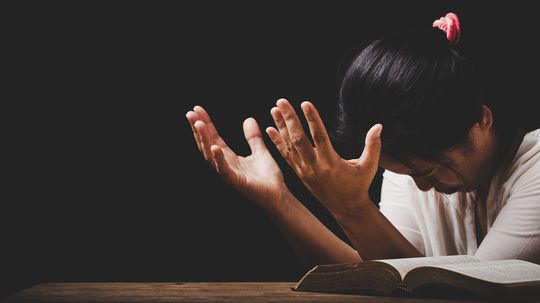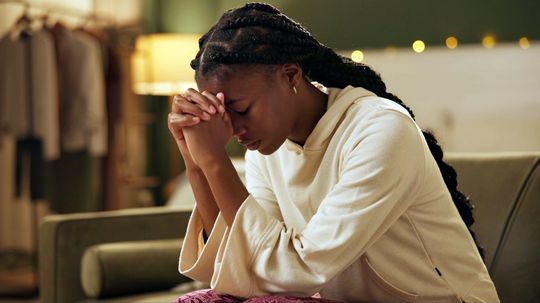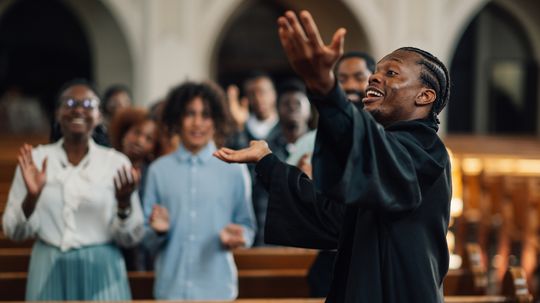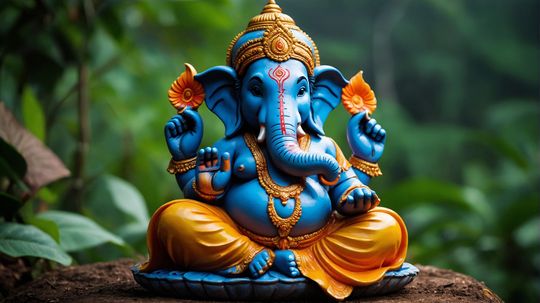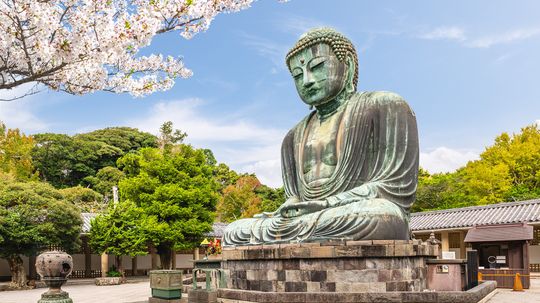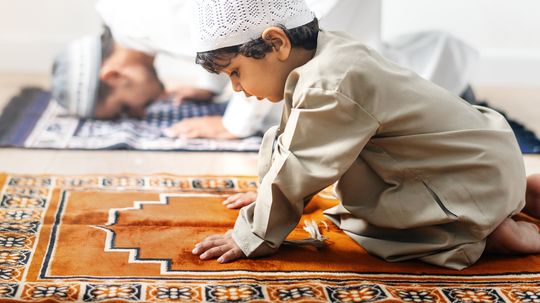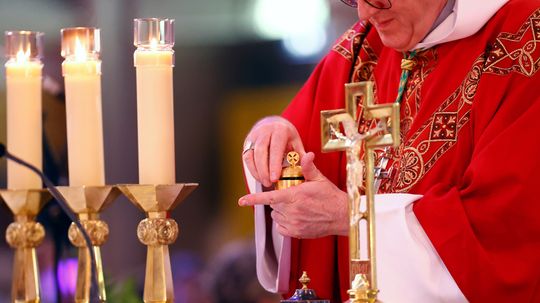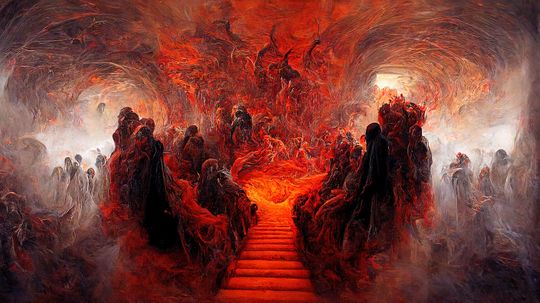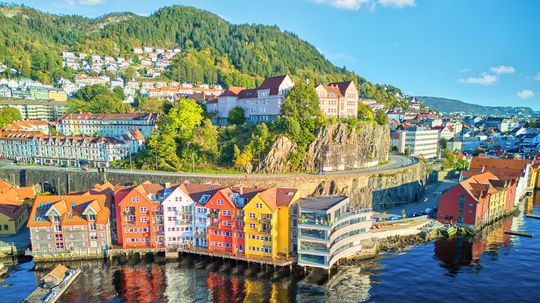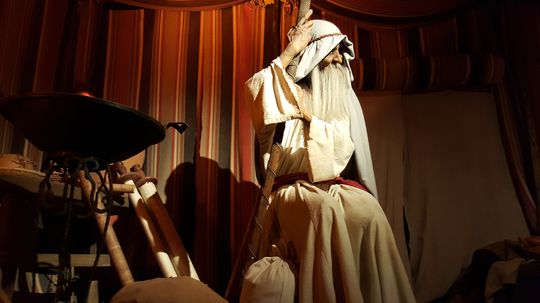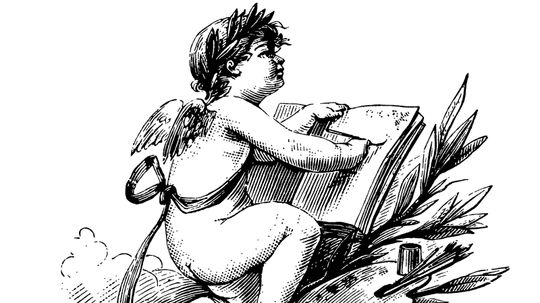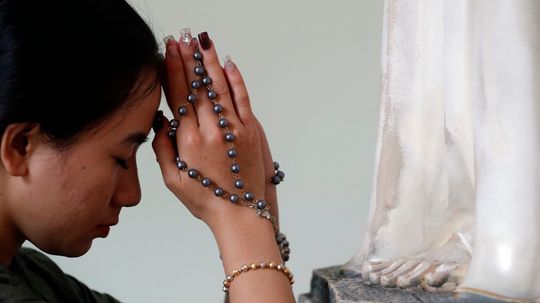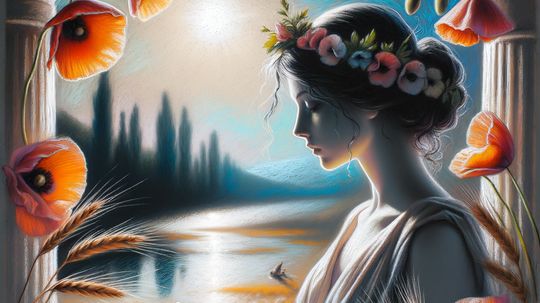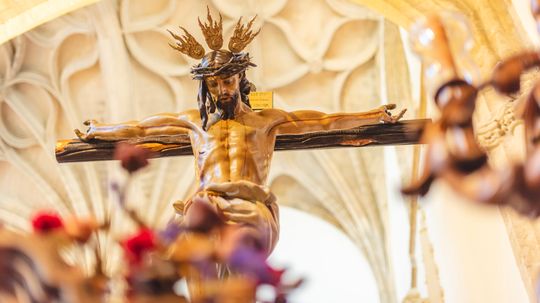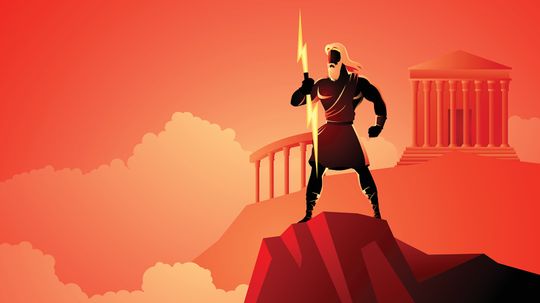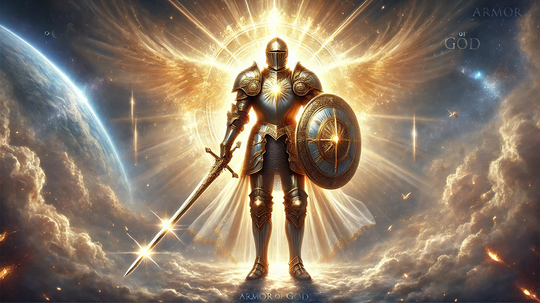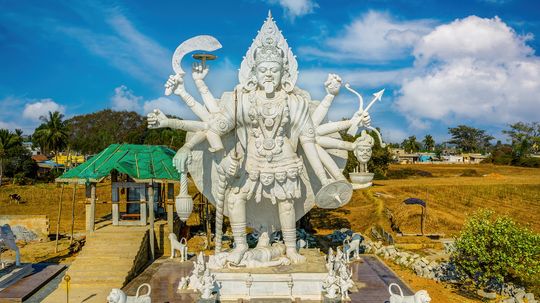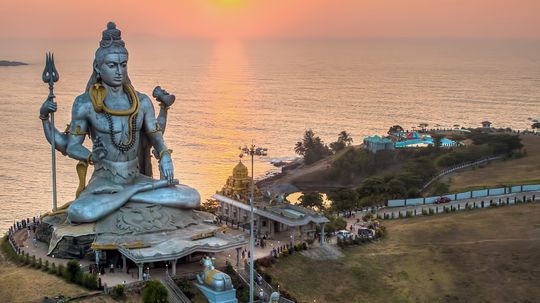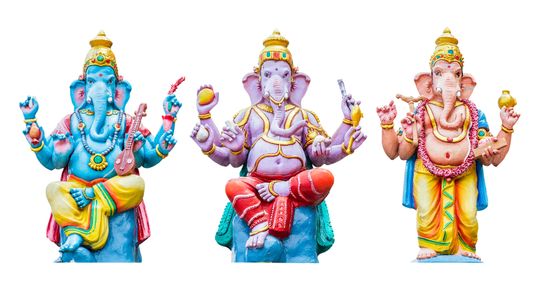Religion & Spirituality
Religion and Spirituality is an important element of every culture. Learn more about world religions and spiritual practices in both Eastern and Western cultures.

The Origins of Yoga: Spirituality, Meditation, and Wholeness
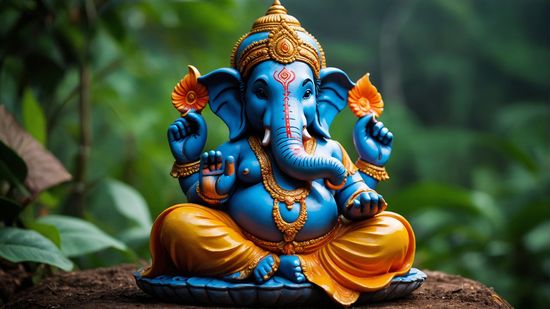
Origins of Hinduism and a Constantly Evolving Religion
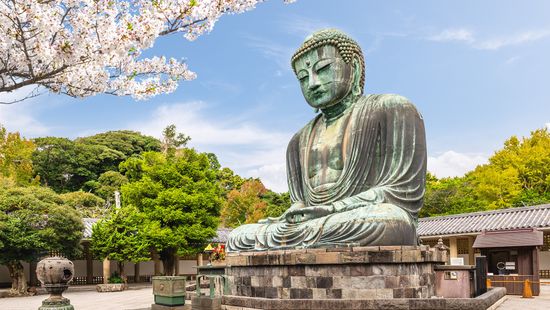
The Origins of Buddhism: A Very Brief History

12 Prayers for Protection in Times of Uncertainty
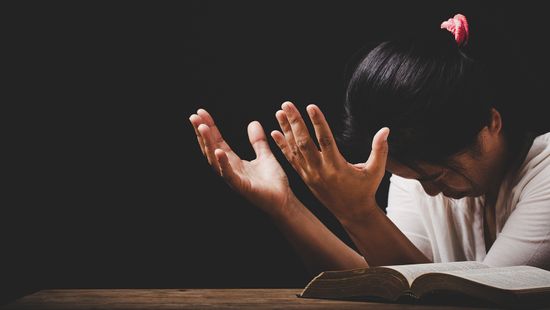
10 Prayers for Strength to Seek Support in Troubled Times
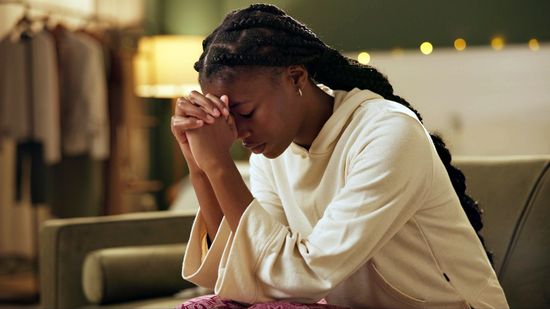
10 Prayers for Anxiety to Help You Summon Calm
Learn More
Prayers for protection can offer comfort, courage, and spiritual shelter in a world that can feel uncertain.
If you are searching for prayers for strength, you may feel weak, weary or overwhelmed by current circumstances. In moments like this, prayer may help you find courage, spiritual strength, and peace.
In difficult moments, many people turn to prayer to quiet an anxious heart. Prayers for anxiety offer a way to lay down worries, seek wisdom, and find peace in the midst of stress.
Advertisement
The Bible tells stories of healing love that reaches from the first breath of life to the last sigh. When illness or pain hits, many people turn to prayer for grounding and hope.
By HowStuffWorks
Whether spoken softly in private prayer or shouted in church, the word carries weight. But have you ever asked, why do we say amen?
The word yoga comes from the Sanskrit root "yuj," meaning "to join or unite." In its earliest sense, it referred to the union of individual consciousness with universal consciousness. But the origins of yoga are far more complex than a single definition or set of poses.
Hinduism is often called the world’s oldest living religion. But tracing the origins of Hinduism isn’t like finding the founder of Christianity or the date Islam began. It doesn’t have a single historical founder or sacred text.
Advertisement
The origins of Buddhism trace back over 2,500 years to ancient India, where a spiritual teacher named Siddhartha Gautama achieved enlightenment and became the Buddha.
The origins of Islam trace back to the early seventh century on the Arabian Peninsula. Islam began in the city of Mecca, where a man named Muhammad, a successful merchant from a powerful tribe, received a divine revelation.
Where did Christianity originate from? The question has a surprisingly detailed answer.
They go by many names. Some are symbols of destruction, others twisted forms of ancient gods, and a few look suspiciously like medieval nobles on a really bad day. Whatever you call them, this list of demons captures a lot of fear, folklore, and theology.
Advertisement
When it comes to religious commitment, the world is far from uniform. While some nations are deeply shaped by religion, others are moving toward secularism.
Today we're diving into the eerie concept of memento mori. In Latin, the phrase memento mori literally means "remember that you must die," and it has been a central theme in religious thought, art and philosophy for centuries.
By Talon Homer
Today, we're diving into the legendary figure of Methuselah, the oldest person recorded in human history. Mentioned in the Bible as living 969 years, Methuselah is often seen as a symbol of longevity and divine mystery. But what makes him so significant in religious tradition?
By Talon Homer
Ah, cherubim — those mysterious angelic beings that have sparked curiosity for centuries. These spiritual beings appear throughout the Bible, often depicted as guardians of God's presence, and their descriptions range from awe-inspiring to downright otherworldly.
By Mack Hayden
Advertisement
Today, we’re talking about penance, one of the most meaningful practices in Christian faith. Whether in the Catholic Church, the Eastern Orthodox Church or other Christian traditions, penance plays a crucial role in spiritual life. It's not just about saying "I'm sorry"; it's about real transformation and a return to God's grace.
By Mack Hayden
Today, we're diving into a concept that has inspired Christians for centuries: the Fruits of the Spirit. These aren’t apples, oranges, or bananas, but rather the qualities that the Holy Spirit produces in believers, helping them grow in faith and reflect the character of Jesus Christ.
By Mack Hayden
Taking inspiration from goddess names for your baby can lend a feeling of deep meaning. Throughout history, cultures around the world have worshipped powerful female deities who ruled over aspects of life such as love, wisdom, war and fertility. Many of these names have stood the test of time, appearing in epic poetry, sacred texts and legends.
By Mitch Ryan
Easter is one of the most significant holidays in the Christian calendar, marking the resurrection of Jesus Christ and affirming the promise of eternal life. As Christians celebrate Easter, they reflect on Christ's triumph over death and sin, a central message of the Christian gospel that has shaped faith for centuries.
By Mack Hayden
Advertisement
Greek mythology is made up of a vast collection of stories about gods, goddesses, Titans and other legendary figures. Ancient Greek religion was the practice of worshipping these deities, and ancient Greeks believed that these divine beings played a crucial role in their lives and the workings of the cosmos.
By Mitch Ryan
The Christian faith — like many religions — is known for having a range of interpretations, especially when it comes to the Bible. Today we'll be looking at a passage from Ephesians, from which we get the term "armor of god."
By Zach Taras
The most powerful Christian deity is divided into three primary forms: the Father, the Son and the Holy Spirit. With so many forms, it's only natural that this Holy Trinity would bear so many namesakes.
By Mitch Ryan
In Hinduism, Kali represents the vengeful feminine form of Vishnu, the protector of the universe. Vishnu, working in tandem with Brahma and Shiva, forms the primary cosmic governing body of the Hindu tradition, a triumvirate known as the Trimurti.
By Mitch Ryan
Advertisement
Shiva is one of the most revered deities in Hinduism, known as the god of destruction and transformation. He is a central figure in the Trimurti, alongside Brahma (the creator), and Vishnu (the preserver).
By Zach Taras
Hinduism is one of the world's oldest religions in the world, with roots stretching back over 4,000 years. According to The Pew Research Center, there are about 1 billion Hindus in the world, representing 15 percent of the global population. Approximately 94 percent of Hindus live in India, and 60 percent of Southern Asia's total population is Hindu.
By Ada Tseng

